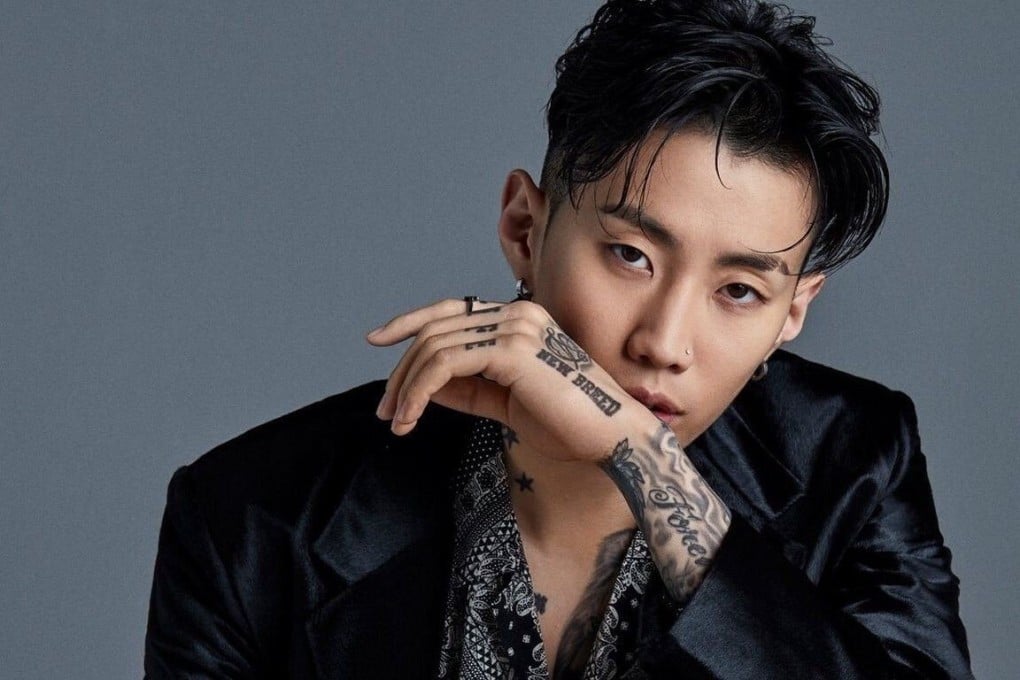K-pop star Jay Park’s appointment as judge on Chinese hip hop reality show sparks anger on social media
- Announcement of Korean-American rapper Jay Park’s addition to The Rap of China’s judging panel received more than 200 million hits on Weibo in a few days
- Some criticised the show for inviting a foreign judge who cannot speak Chinese, though his Mandarin in a series promo video received mostly positive comments

K-pop star Jay Park received a mixed reaction from Chinese netizens and rappers when it was announced he will be joining China’s biggest hip-hop reality show as a judge.
The Rap of China, which is often credited for helping rap go mainstream in China, has racked up billions of views on iQiyi, one of China’s largest video streaming services, since its inaugural season in 2017.
The announcement on Monday instantly went viral, receiving more than 200 million hits within a few days on Chinese social media platform Weibo. However, not all online commentary was positive as some criticised the show for inviting a foreign judge who cannot speak Chinese.
“Now they are inviting a bangzi that doesn’t understand Chinese, and a bunch of people will have to serve him as Korean and English translators, how despicable,” one netizen wrote, using a racist Chinese term for Koreans.
